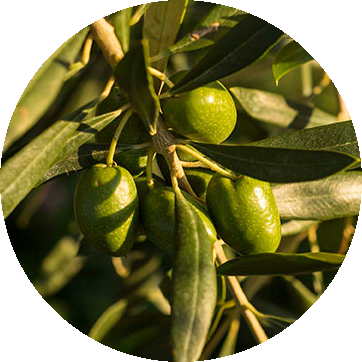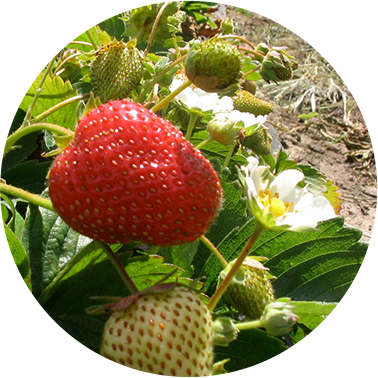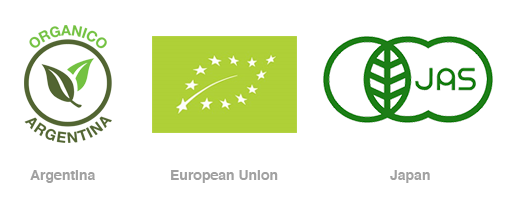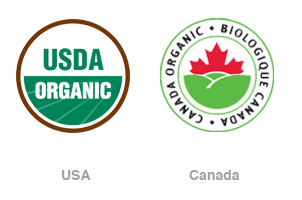Why organic
We refer to "organic", "ecological" or "biological", to any sustainable production system over time, which through the rational management of natural resources, without the use of synthetic chemicals products, provides healthy and plentiful food, maintaining or even increasing soil fertility and biological diversity and also allowing the clear identification by consumers of these products indicated through a certification system that guarantees them.

Arauco Olive Maipú

El Hoyo, Chubut
- Organic farmers rely on crop rotation, cover crops and dense planting to enrich the soil in which they grow their crops, rather than toxic and persistent pesticides, herbicides or fertilizers. Dozens of studies have associated exposures to agricultural pesticides banned in organic agriculture with many serious health concerns.
- There are no GMO ingredients, no antibiotics, no synthetic growth hormones, no artificial flavors, coloring or preservatives, and no sewage sludge or irradiation.
- Organic agriculture not only protects the environmental health but also strives to improve it. Stores carbon in the soil that would otherwise act as a greenhouse gas in our atmosphere, helping to reduce our carbon footprint and combating climate change.
How do you know it is Organic?
To earn organic certification, land must be handled without prohibited materials for at least three to four years. Once an operation is certified organic, producers and handlers go through annual reviews and inspections. Certified organic products imply production and processing traceability from the farm to the consumer. On the product label, the following seals can be found as a guarantee of the producers’ compliance with the organic regulations of the respective countries:





